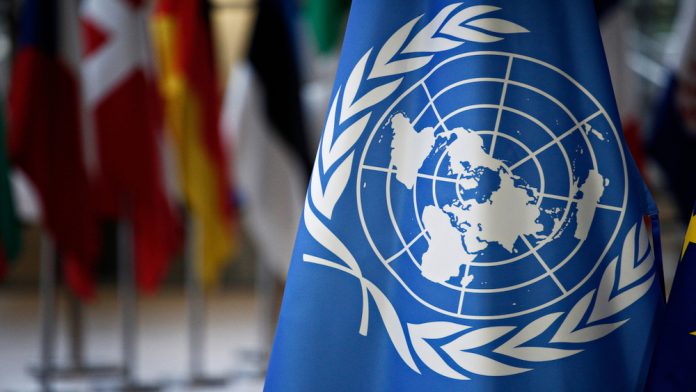The United Nations has ramped up its crackdown on Southeast Asian human trafficking after linking illegal gambling with the exploitation of hundreds of thousands of workers.
A recent report from the UN looked to raise awareness of torture and enslavement derived from online scam operations such as illegal gambling – as well as crytpo-scams, romance-investment scams and money laundering.
According to the report, hundreds of thousands of individuals in SE Asia are being subjected to human trafficking, exploitation and forced labour, as a result of working for aforementioned operations.
While the UN noted that it has been aware of these conditions for years, the organisation has reiterated the extent of the human rights violations with this report as it probed the region’s governments to take action.
Published on August 29, the report cited “credible sources” that estimate at-risk individuals in Myanmar at 120,000 and Cambodia up to 100,000, while highlighting the COVID-19 pandemic as a catalyst for the exploitation of labour.
COVID-19 fallout
The report stated that the pandemic had a “drastic impact” on illicit activities across SE Asia due to the closure of casinos encouraging operators to either move to less regulated areas or take their services online.
As the main target for illicit operations, migrant workers became increasingly vulnerable to online scam operations and their employers as borders and business closed. Being forced to stay at home also opened workers up to the idea of working for the illicit operations online.
The report explained: “As countries in the region opened up from the pandemic response measures in the course of 2021-22, traffickers continued to exploit the economic distress that had resulted from the pandemic and the needs of many to find alternative livelihoods.”
UN takes action
In response to the rapid rise in online scam operations and the individuals directly affected, the UN has encouraged local governments to update their legislation and actively prevent corruption.
Although some governments have already begun to crackdown on the scam operations, the report indicated that the rise of scam operations can be linked to “weak governance”.
The report stated: “Many of the centres in which people are forced into online criminal activity are physically located in jurisdictions where governance and the rule of law are weak, and authority is contested.”
In calling for the region to respond to these difficulties, the UN probed governments to “strengthen the protection and promotion of human rights and improve governance”, while suggesting that “the rule of law must be as much a part of the response to these scams as a robust criminal justice response.”
The report concluded: “Such a holistic approach provides the only solution to breaking the cycle of impunity and ensuring protection and justice for the people who have been trafficked and abused within this complex phenomenon.”













